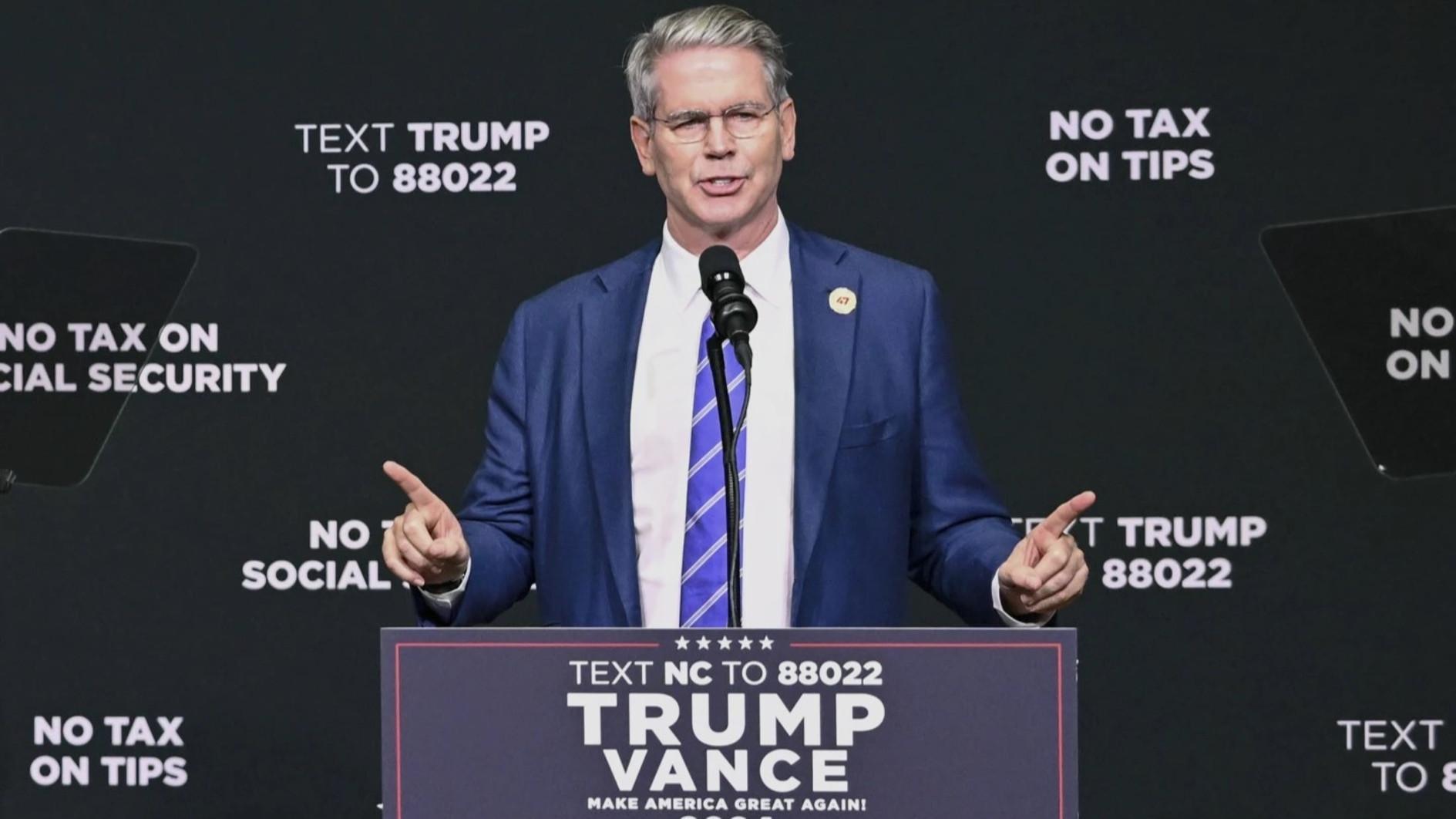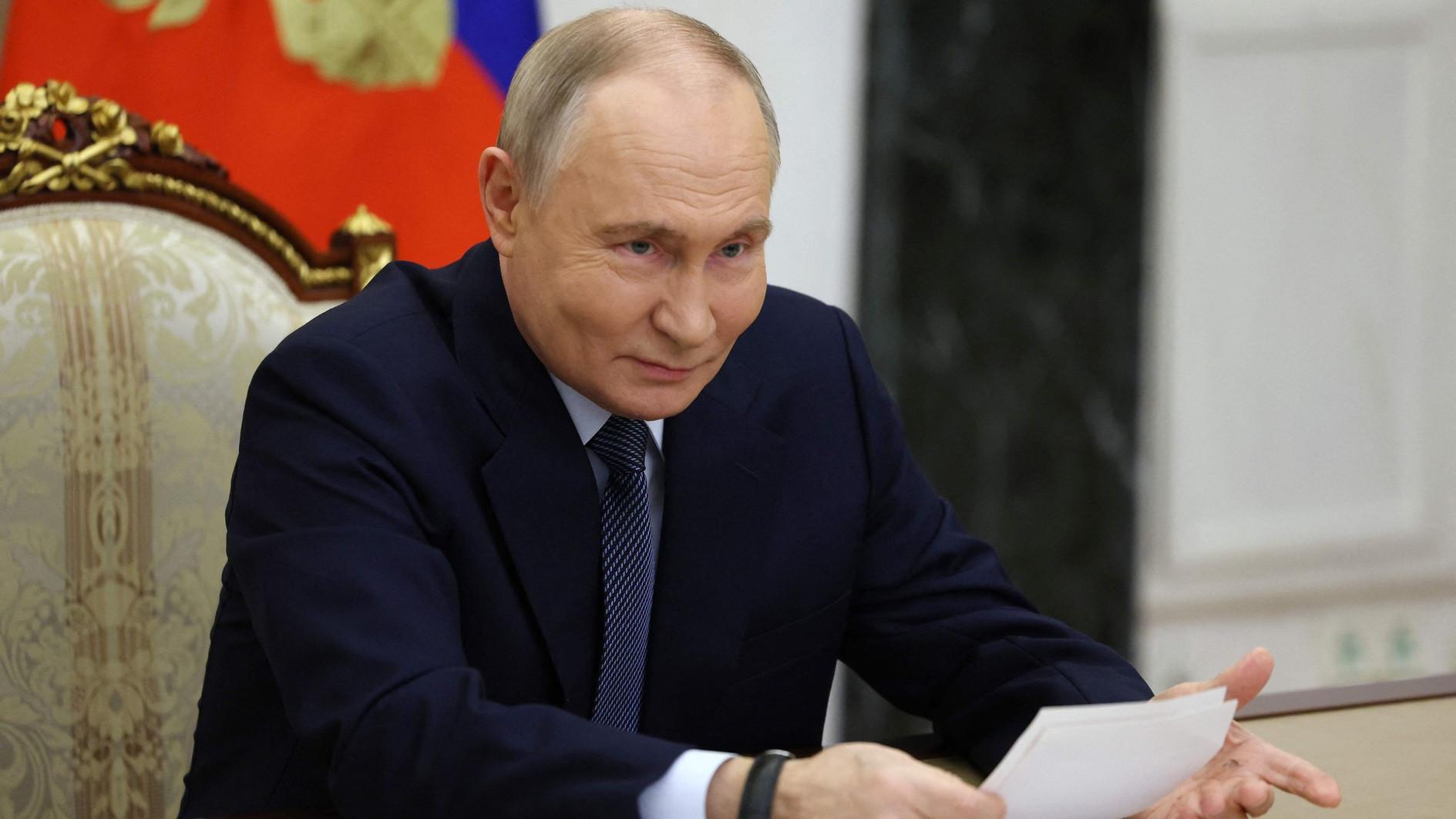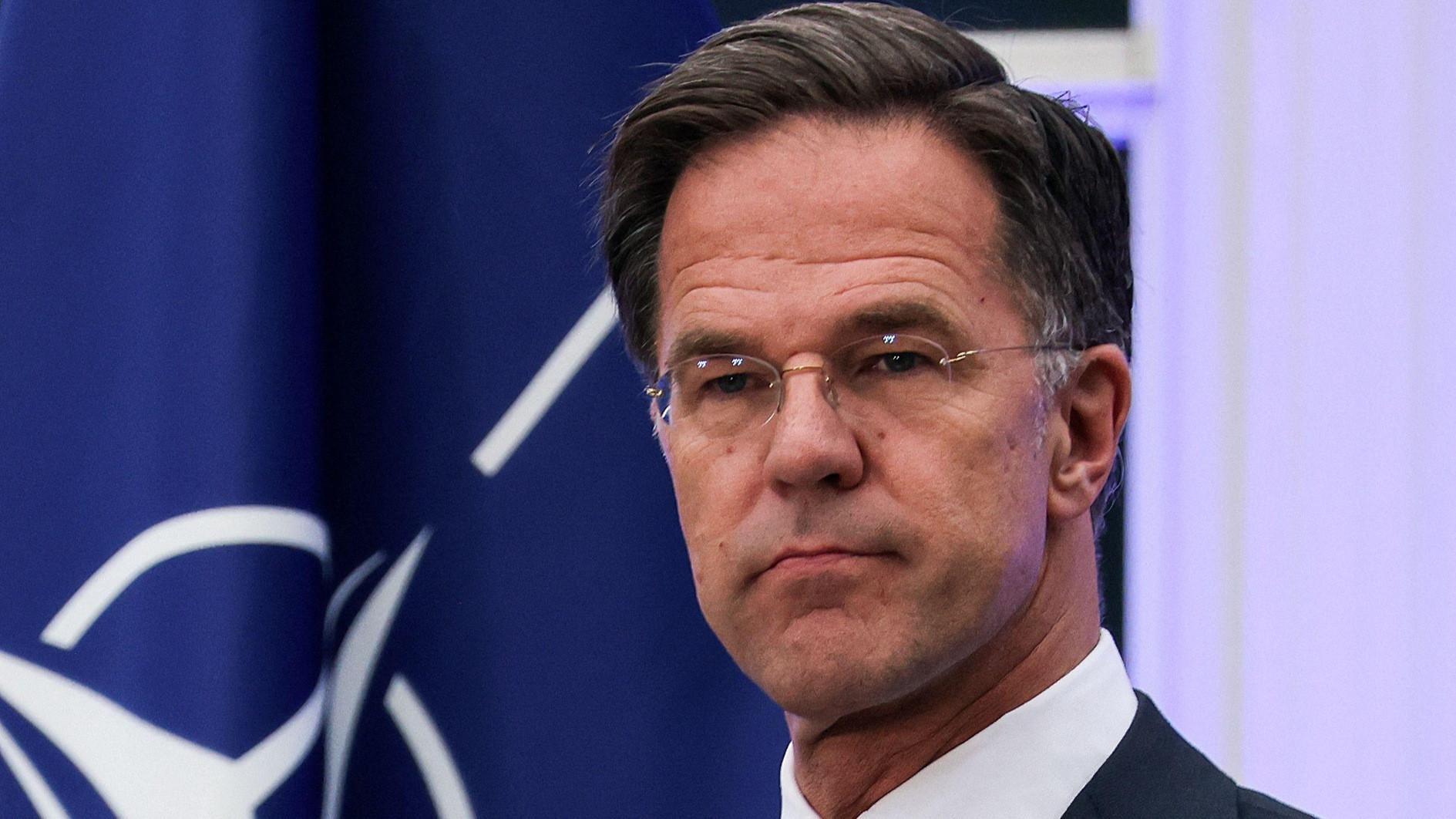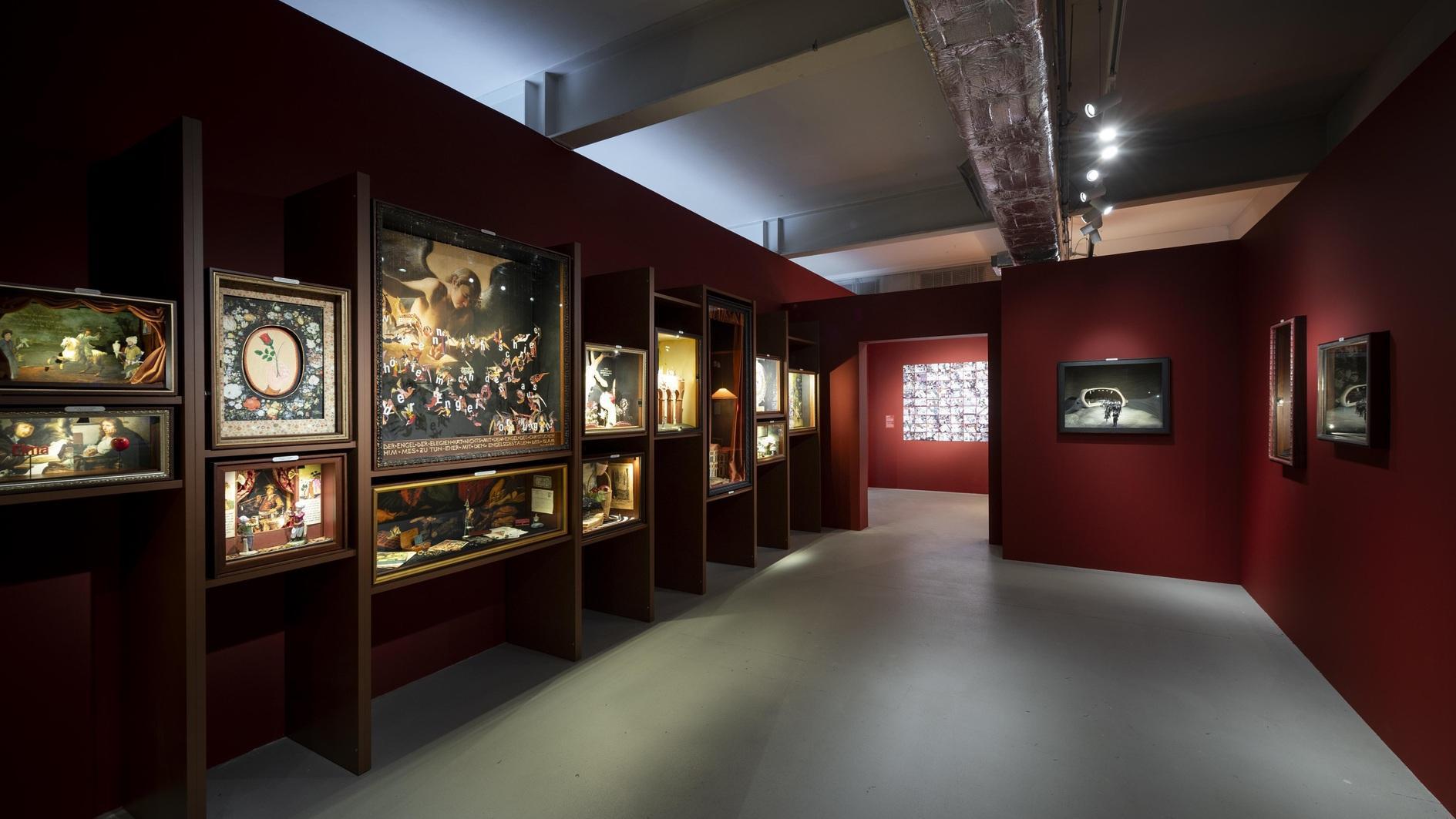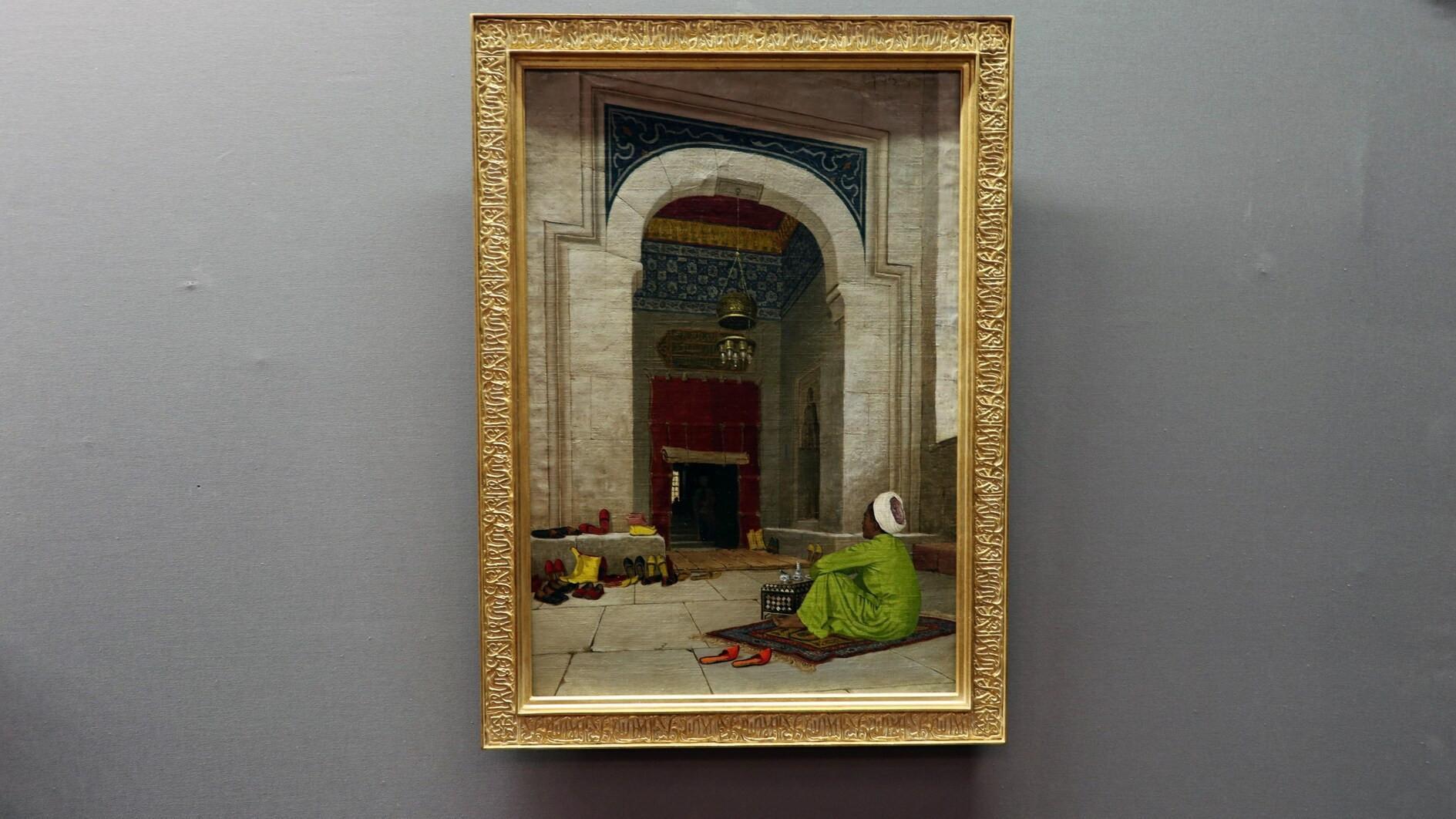Egypt’s military to curb influence of Islamists
CAIRO

In this file photo a man stands in front of barricades placed by the Egyptian military at Mohamed Mahmoud Street which leads to the Interior Ministry, where clashes between protesters and security forces took place in late November near Tahrir Square. REUTERS photo
Egypt’s military rulers say that the next parliament will not be representative enough to independently oversee the drafting of a constitution, and that they will appoint a council to check the influence of religious extremists on the process.The announcement followed a surprisingly strong showing by Islamist groups who took the overwhelming majority in the first round of parliamentary elections. The outcome caused concern among the liberals who drove Egypt’s uprising and the military, which took power from ousted leader Hosni Mubarak.
“The parliament is not representing all sectors of society,” said Gen. Mukhtar Mulla, a member of the ruling military council. In theory, the new parliament will be entrusted with forming a 100-member constituent assembly to write the new constitution. But Mulla said the new council will coordinate with parliament and the Cabinet to ensure the assembly is representative of all religions, professions, and political parties.
The new constitution will determine the nature of Egypt’s post-Mubarak political system. Liberal groups and the military, a secular institution that has traditionally controlled access of Islamists to its ranks, are concerned that religious extremists will exert too much influence and could try to enshrine strict Islamic law, or Shariah, as the only guiding principle for state policies.
‘Not a sign of mistrust’
The Muslim Brotherhood, an Islamic fundamentalist group that was the best known and organized party, and the more radical Al-Nour party, ultraconservative Islamists known as Salafis, took about 60 percent of the vote for parties together, according to official results.
Asked whether the new council is an attempt to limit the influence of the hard-line Salafis, who want to impose strict Islamic law on Egypt, Mulla said: “Absolutely. ... The Egyptian people won’t allow this to happen.” “There will be standards agreed upon by all the Egyptian people,” Mulla said. “This is not out of mistrust of the parliament. What we are seeing is free and fair elections ... but it certainly doesn’t represent all sectors of society.”
The military said Dec. 7 it granted Ganzuri presidential powers, but he will not take charge of the judiciary or the army. Ganzuri had said he was allowed more powers than any prime minister in the country’s recent history, but the military is expected to retain control of all sensitive decision-making until it transfers power to an elected president.
Mulla said he did not think anyone would object to the need for a representative constituent assembly. Youssri Hamad, spokesman for Al-Nour, said the military council is again trying to reassure the liberals in society at the expense of legitimate demands by popular Islamist groups. He called it a continuation of the Mubarak regime policies that ostracized Islamists. “We have a significant presence in parliament. They must also protect our opinions and protect our presence in governing institutions,” he said.
‘Not a US Congress’
Saad el-Katanti, the Secretary General of the Brotherhood’s Freedom and Justice Party, said his group agrees that all sectors must be represented in the constituent assembly. But he objected to the military council’s attempt to guide or oversee the process. “Why does the council want to interfere in the will (of the people)?” he said.
Answering that criticism, Mulla said this is not the U.S. Congress. “We still have instability in Egypt. We have economic and security problems. The conditions are different,” he said. “When the parliament is in stable conditions, it can elect and choose whatever it wants. For now, all sectors of society must participate in constructing the new constitution.”
Meanwhile, Amnesty International said the United States continued to send crowd control weapons to Egypt, even as security forces pressed their violent crackdown on protesters there. The rights group said one recent shipment arriving in Egypt last month carried at least seven tonnes of chemical irritants and riot management agents such as tear gas, and was destined for the country’s Interior Ministry.
The U.S. State Department, when asked about the Amnesty report, said American companies had shipped tear gas to Egypt under a previous license that has since expired. “We’ve condemned the use of excessive force against protesters during the recent period of civil unrest in Cairo,” spokesman Mark Toner told reporters.


